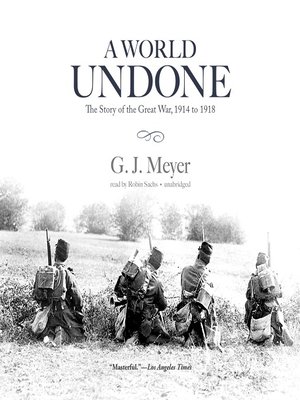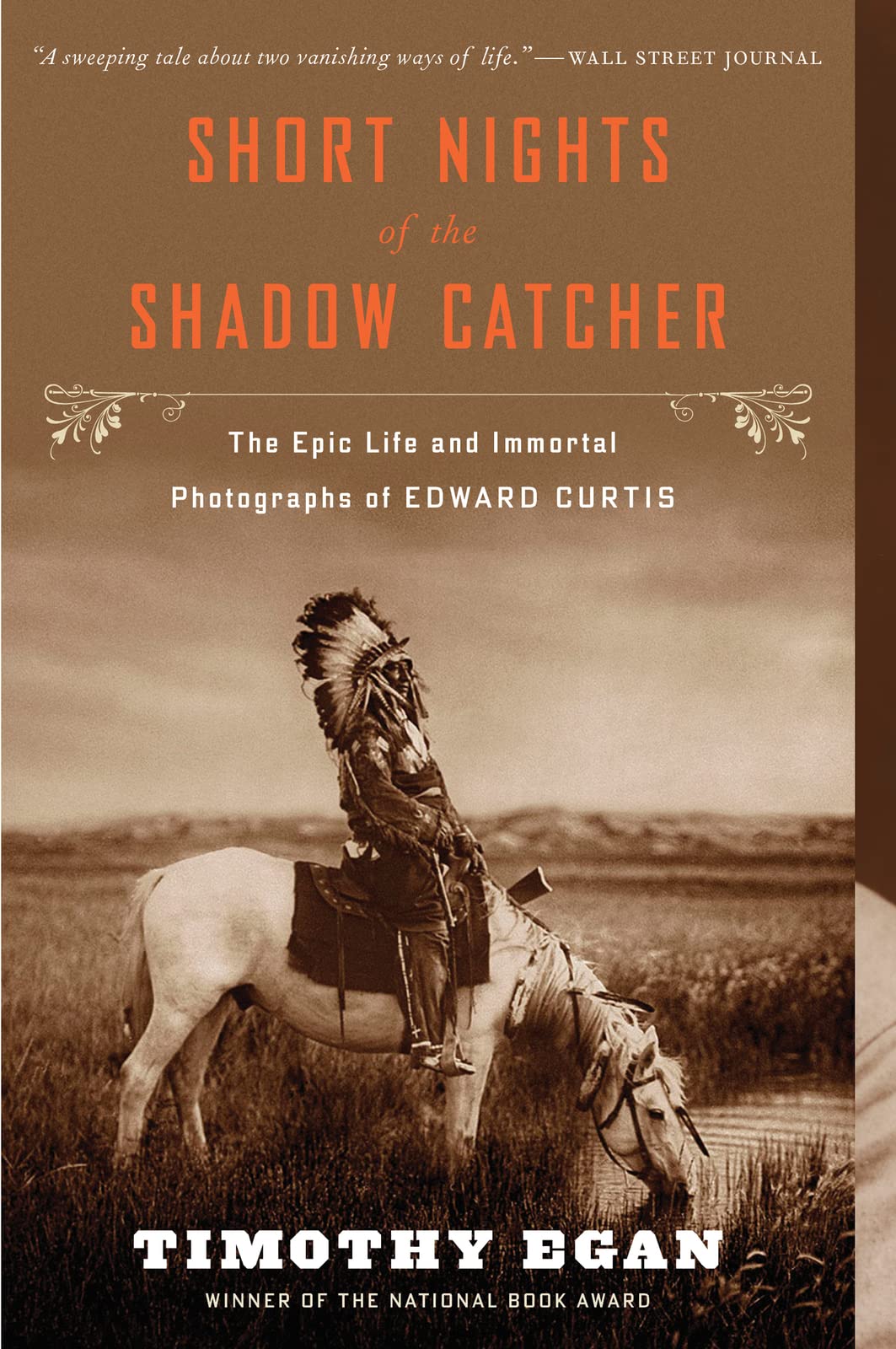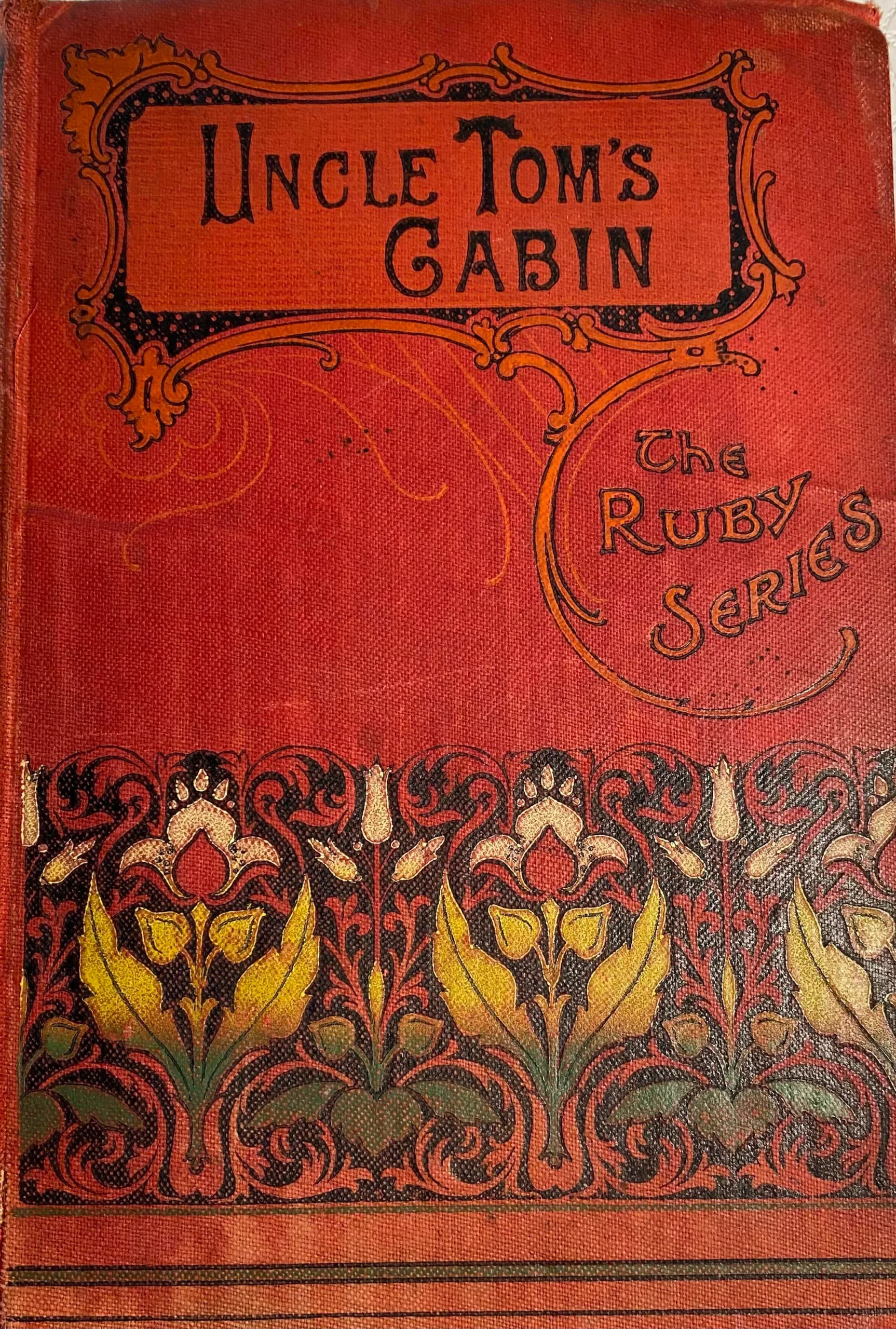
My first foray into World War 1 history. All through the book I was blown away by the scope, ferocity, and foolishness of the conflict. Below are a few of the highlight’s that stood out to me.
With Generals Like These Words like “insane” came to mind as I learned about many of these generals. My thought is that some of them should have been brought up for war crimes. I get it, it was a different era, and it’s easier to judge from a distance, but still…
- General Haige insisted that the solution against machine gun fire was cavalry, because we all know a horse can outrun a bullet. Ummm?
- The Germans were so successful with their first uses of gas that they punched a huge hole in the the French line. The only problem is they couldn’t exploit it because their own soldiers were not fitted with gas masks. oops.
- British Generals insisted at the onset of the war that airplane technology was an “Expensive and useless fad.” Brilliant.
- One of the biggest problems was pride. These generals jockeyed for power, influence, and glory at the expense of literally millions of soldiers. Pride also made it impossible to work together German General Ludendorff said of fellow general Falkenhayn “I can only love and hate and I hate Falkenhayn” The French and British infighting was even worse.
- General Haige, agreed to listen to French General Nevils military plans which were terrible, and proved to be insanely costly for both the French and the English, based on the shape of Nevils head! Haige was convinced that the French General’s head shape guaranteed wisdom and success. What the…??? Turns out head shape was a thing in those days.
The horror of it all. At the beginning of the war, the poetry was brave and patriotic. There was glory in war, but things changed midway through. Turns out there was no glory in trench warfare, only gore, blood, mud and suffering. Wilfred Owen wrote the following poem just a few months before he was cut down by the bullets of a German machine gun.
The title of the poem is “Dulce et Decorum” meaning “It is right/sweet” The title mocks the idea that it is good to die for ones country. Calling the notion an out right lie by poems end. Certainly treasonous talk especially in that era. But the war was so costly, so vicious, and so senseless that soldiers could no longer “put a good face on it.”
Bent double, like old beggars under sacks,
Knock-kneed, coughing like hags, we cursed through sludge,
Till on the haunting flares we turned our backs
And towards our distant rest began to trudge.
Men marched asleep. Many had lost their boots
But limped on, blood-shod. All went lame; all blind;
Drunk with fatigue; deaf even to the hoots
Of tired, outstripped Five-Nines that dropped behind.
Gas! Gas! Quick, boys! – An ecstasy of fumbling,
Fitting the clumsy helmets just in time;
But someone still was yelling out and stumbling,
And flound’ring like a man in fire or lime . . .
Dim, through the misty panes and thick green light,
As under a green sea, I saw him drowning.
In all my dreams, before my helpless sight,
He plunges at me, guttering, choking, drowning.
If in some smothering dreams you too could pace
Behind the wagon that we flung him in,
And watch the white eyes writhing in his face,
His hanging face, like a devil’s sick of sin;
If you could hear, at every jolt, the blood
Come gargling from the froth-corrupted lungs,
Obscene as cancer, bitter as the cud
Of vile, incurable sores on innocent tongues,
My friend, you would not tell with such high zest
To children ardent for some desperate glory,
The old Lie; Dulce et Decorum est Pro patria mori.
The French losses were particularly devastating, (See why under Idea’s have consequences) To a point that the French army almost deserted. French soldiers headed to the front could be heard on masse, bleating like sheep. To desert was to be shot, to go to the front was to die. So they protested in this way bleating as they marched forward “as lambs to the slaughter.”
A bullet for cowards. Never in the history of warfare was there so much artillery. Far and away this medium of destruction killed the most people. Sustained bombardments would go on for days even weeks. It became too much for many men. They couldn’t function, they shut down, couldn’t follow orders. At first these suffering soldiers were labeled cowards and many were shot, or harshly disciplined. As the war dragged on so many soldiers were shutting down that they realized it must be more than cowardice. They labeled it “Shell Shock”. Unfortunately many of the treatments to get the soldiers back into battle shape were little better than a firing squad.
Idea’s have consequences In France there came into focus at the turn of the century a philosophy of warfare that was held so tightly by the military establishment, that to even suggest other strategies was to end ones military career. In English the strategy was described with one word. “Attack”. It was believed with such fanatical zeal, that defensive maneuvers, strategic retreats or even leave for soldiers on the front lines were not real options. One general was demoted for his observation: “Attacking straight on with flesh and bone will have no success against the gunfire of the 20th century” This philosophy was pitted against, a German killing machine unlike the world had ever seen. The loss of life on the French side as a result is staggeringly difficult to comprehend. Charles De Gaulle would later say that “No amount of courage will be successful against machine gun fire.” He was right, unfortunately the French didn’t accept this fact until the war was mostly over!
You take the Romanians, No! you take the Romanians One would think, that having an entire country join your side of the war effort would be a huge boon. As countries watched the big powers slug it out they gradually joined sides, hoping to pick the winner and enjoy the spoils of victory. Romania decided to throw in with the Allies. Russia was completely against the idea. Of the Romanians they said “getting them to fight was like trying to get a donkey to do a minaret” The Russians preferred the Romanians to remain neutral. They did not. Sure enough, the Germans crushed the Romanians. Forcing the Russians to stop their advance on Germany and spread out their front line out an extra 250 miles. The whole of Romania was easily conquered and the spoils of that conquest helped to fuel Germany’s war effort for a couple more years.
Overcoming the odds to become a hero. He was from a colony, (Australia). (one strike against) He was Jewish (two strikes) He was of Prussian origin (three strikes) and his interest in military strategy was just a hobby (Four strikes) But John Monash rose up through the ranks to become the one of the few good General’s of the war. In addition to being very likeable he was also a master strategist, gifted organizer and creative innovator. His use of co-ordinated attacks using mortars, machine guns, tanks, airplanes and artillery, along with a philosophy that saw no use in wasting infantry needlessly made him not only successful but immensely popular.
Propaganda and poor communication — the reason why millions more had to die. In Gallipoli, several Allied landings were successful. But the communications were poor, so instead of pushing in land and possibly securing the Dardanelles which would have ended the war a lot sooner the Allies waited on the beaches for orders. Giving time for Turkish reinforcements to arrive. An opportunity lost. This is just one illustration of a hundred or more where if the communication was a little bit better the war would have certainly ended sooner.
Truth was never really a concern with the media (has anything changed?) All media outlets were controlled by the various war ministries. The job of reporting was simply to make the opposition look absolutely terrible and to make the home team look triumphant. After years of propaganda it was impossible for the belligerent nations to come to terms since they had such incredibly skewed views of each other.
Germany almost pulled it off. I was amazed at how close they seemed to come to victory. If Ludendorff had gone all in on the attack at 2nd Verdun. If he the German generals would have shelled the supply line going in and out of that one city whose name I’ve forgotten in one of their massive attacks. If they could have kept the USA on the sidelines for one more year. If the Zimmerman telegraph hadn’t been discovered. If the generals from the West and Eastern fronts could have just got along. If General Conrad of the Austrian/Hungarian army had been sacked from his post in 1914. If they had implemented the creeping barrage & storm troop tactic’s on the Western front a year sooner. If they hadn’t been quite so cautious with Schlieffen plan. If 186,000 of their soldiers hadn’t died from influenza.
They were the better army, inflicting 2 million more casualties on the French and English then they themselves received, but it was not meant to be.
A not so great finish Ultimately it was the naval blockade that broke the back of Germany, they were starving to death, and running low on everything needed to carry on a war. Sadly, when the war ended, the Allies did not lift the navel blockade for another 6 months. Costing the lives of some 250,000 German civilians. The plan was not to rebuild Europe after the war, as much as it was to debilitate Germany to such a degree that she would remain feeble forever. This strategy set the stage for the Second World War.
Japan played a minor role in the war, but were at the bargaining table when the world was carved up. They did pretty well, gaining several territories. However, the main thing they were after was respect. They made a specific request that the Americans, Europeans and Australians recognize the Japanese people as an equal race not be discriminated against, fair enough right? Shockingly, or maybe not so shockingly, the great powers denied that request. White man was not yet willing to acknowledge that Asian people were equal to them. It was then that Japan washed their hands of Western influence.



